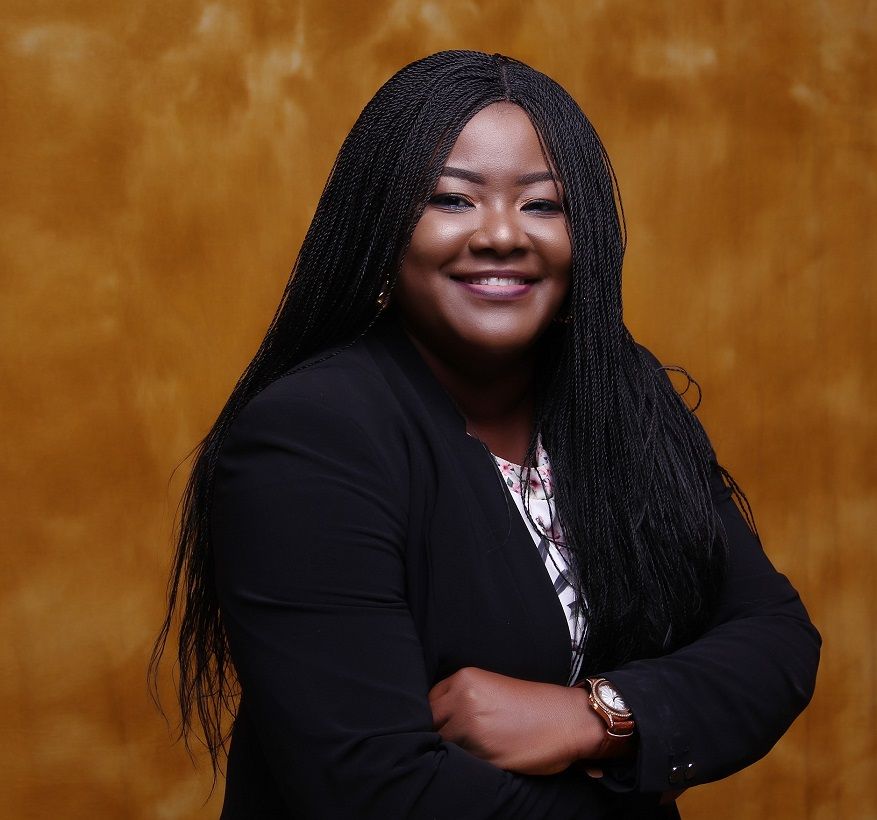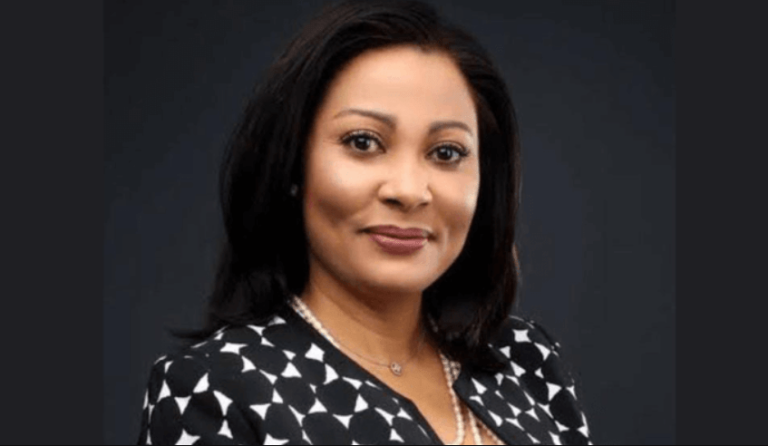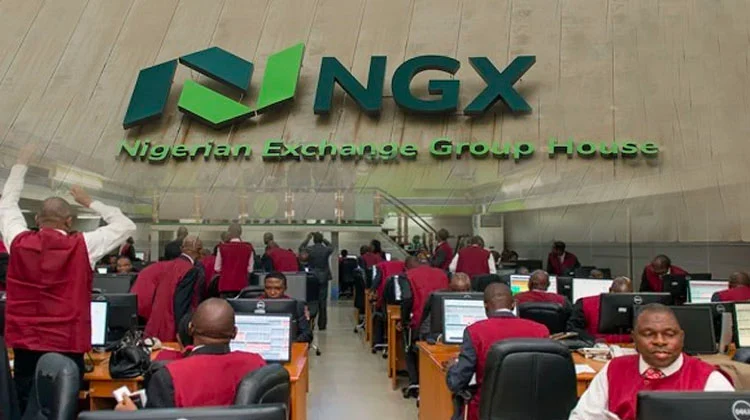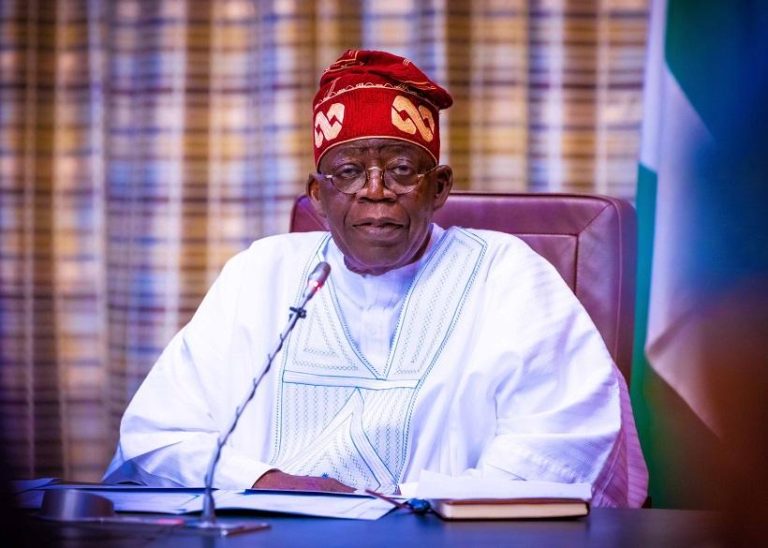
Nigeria’s electricity generation companies (GenCos) have expressed deep concern over their exclusion from the Federal Government’s ongoing N4 trillion debt verification and reconciliation process, warning that the move could jeopardize transparency and further destabilize the fragile power sector.
In a letter dated September 24, 2025, addressed to the Acting Managing Director of the Nigerian Bulk Electricity Trading Plc (NBET), Johnson Akinnawo, the Association of Power Generation Companies (APGC) cautioned that the current structure of the reconciliation process sidelines the GenCos, the actual creditors owed trillions of naira in unpaid invoices.
Signed by APGC’s Chief Executive Officer, Joy Ogaji, the letter was in response to NBET’s earlier correspondence (Ref: NB/002574, dated September 17), which informed stakeholders of a proposed bond issuance to address liquidity shortfalls in the sector.
While commending the government’s initiative, the GenCos insisted that any process to verify and settle debts must involve those directly affected.
GenCos Demand Clarification on Four Key Issues
The association specifically sought clarity on:
- Their formal role in the verification process
- How they will submit supporting documents and validate figures
- The timeline and milestones for completing the reconciliation
- The cut-off date for eligible debts under review
“Our concern is that this process, as currently constituted, appears to exclude the direct participation of the GenCos, who are the actual counterparties and creditors,” the letter stated.
The APGC argued that their inclusion is essential to ensure fairness, accuracy, and speed, warning that excluding operators from discussions about their own unpaid invoices could further delay resolutions and deepen the sector’s financial woes.
Electricity Sector in Deeper Trouble
Separately, in a statement marking Nigeria’s 65th Independence Anniversary, the APGC warned that the power generation segment now stands at a “critical crossroads”, with operators facing mounting debts, dwindling gas supply, and crippling operational challenges.
“Patriotism alone cannot sustain the GenCos,” Dr. Ogaji declared, citing rising debts, a failing subsidy regime, and increasing gas supply disruptions as threats to the sustainability of electricity generation.
According to her, the debt owed to GenCos has ballooned beyond ₦5 trillion, driven largely by the government’s failure to settle electricity subsidy payments averaging ₦200 billion monthly.
Subsidy Gap Widening as FG Struggles to Pay
The Nigerian Electricity Regulatory Commission (NERC) recently reported that the Federal Government incurred a ₦536.4 billion electricity subsidy obligation in Q1 2025 an increase of ₦64.7 billion from the last quarter of 2024.
This subsidy covers 59.16% of GenCo invoices, and under the current structure, is applied directly to DisCos’ remittance obligations to NBET. However, the Minister of Power, Adebayo Adelabu, has admitted that the government cannot meet this commitment, leading to a massive backlog of payments across the value chain.
The impact is already being felt. Gas producers critical to powering Nigeria’s largely thermal-based grid have started scaling down supply due to unpaid debts, said to run into trillions of naira.
This is having a cascading effect on power generation, as plants increasingly struggle to operate without reliable fuel supply.
“If nothing is done urgently, the electricity sector could face a systemic collapse,” Ogaji warned, adding that the situation threatens economic growth, investor confidence, and national development.
Tinubu Promises Action, But GenCos Want Urgency
President Bola Tinubu, during a recent meeting with power operators, acknowledged the gravity of the debt crisis but appealed for time to verify claims before authorizing payments.
While GenCos welcomed the President’s commitment, they emphasized that delays without engagement will only worsen the liquidity crunch and put more strain on the already ailing sector.
“We urge the Federal Government and NBET to include GenCos directly in the verification process. Only with full participation can this effort succeed,” the APGC stated.



